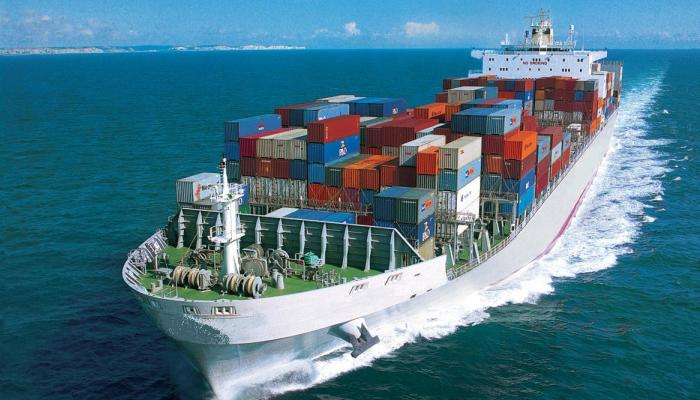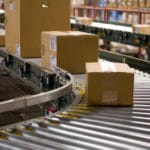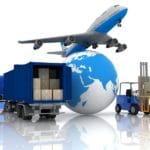What is a Foreign Trade Zone?
Using a 3PL logistics provider can save you big with a FTZ
When is it legal (and expected) not to pay duties and fees to the U.S. government? You might be yelling a resounding…”never”…but you would be wrong. Back in 1930, a technicality on imported goods called a foreign trade zone was created. But, how does it work? And does it level the playing field for products made domestically?
Let’s start from the beginning of the process, to explain just how a foreign trade zone works. A foreign trade zone is considered an area outside of U.S. territory. When a raw material or good is imported, a variety of taxes and fees are levied by the U.S. Customs and Border Patrol.
In the “eyes of the federal government”, goods brought within a foreign trade zone aren’t technically in the country – meaning duties cannot be paid. The excise taxes on those goods are only paid when items leave the FTZ for the U.S., but those goods are allowed to transfer from one FTZ to another without any taxes or fees. For example, items can travel by truck from a FTZ in Los Angeles to St. Louis.
Imported goods in the FTZ can also be manipulated in a number of ways including, assembled, tested, destroyed, packaged, salvaged, warehoused, processed and relabeled. If a manufacturer chooses, the item can change form in anyway.
Still with me? Good!
By allowing a good to be “duty-free” during this time, U.S. operations gain three distinct advantages:
-Better control of inventory, namely year-end inventory loss adjustments
-Deferring or decreasing the taxes and fees
-Shorting long waiting times at crowded ports, because of direct delivery
Foreign trade zones are chartered by government entities and they usually contract the area with a 3pl logistics provider, like Clark Logistic Services.
We have learned that we can apply our warehousing and transportation efficiencies to save clients even more. It’s a value added service that allows for cost competitiveness for U.S. operations compared to foreign based ones.
Did this answer all of your questions about a foreign trade zone? If not, feel free visit our services page to contact Clark.
We also offer a monthly newsletter full of information like this post where you can learn more about the logistics from a 3pl provider. It’s free, easy and only takes a second to sign up.
[gravityform id=”1″ name=”Newsletter Signup”]





Leave a Reply
Want to join the discussion?Feel free to contribute!